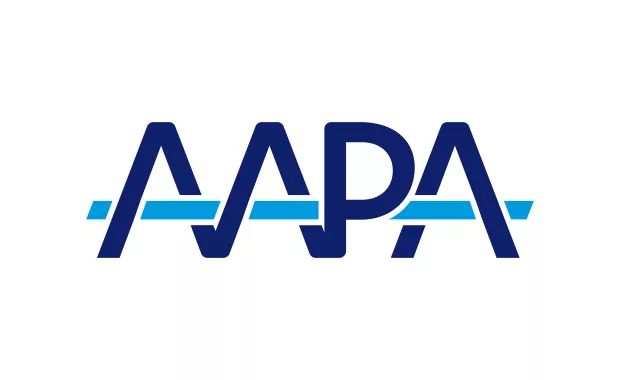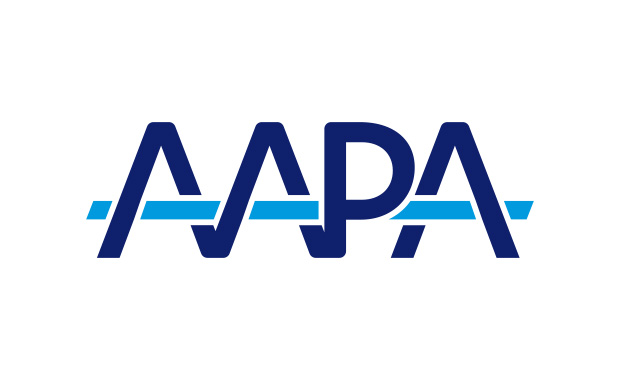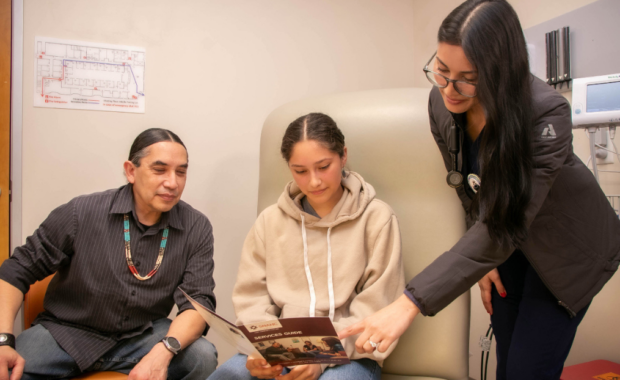West Virginia PAs Achieve Significant Progress Toward OTP
West Virginia Legislation Signed into Law
April 4, 2019
The American Academy of PAs, the West Virginia Association of PAs (WVAPA), and the more than 1200 PAs in West Virginia are applauding the enactment of SB 668, which eliminates the requirement for PAs who work in hospitals* to have practice agreements with specific physicians in order to practice.
PAs who work in hospitals represent nearly fifty percent of all PAs in West Virginia. With this legislation, they must now file a practice notification, defined as a written notice that a PA “will practice in collaboration with one or more physicians in a hospital in the state of West Virginia,” with the appropriate licensing board.
Filing a notification is inherently less onerous than the current requirement for all PAs to have a practice agreement filed with — and approved by — either the West Virginia Board of Medicine or the West Virginia Board of Osteopathic Medicine.
“This legislation recognizes the reality of PA practice. On any given day, PAs collaborate with multiple physicians and other healthcare providers, especially in hospital settings, where care teams work seamlessly to improve patient outcomes. Eliminating the need for a PA who works in a hospital to have an agreement with a specific physician in order to practice represents significant progress toward achieving Optimal Team Practice in West Virginia,” said Jonathan E. Sobel, DMSc, MBA, PA-C, DFAAPA, FAPACVS, president and chair of the board of AAPA.
Optimal Team Practice occurs when PAs, physicians, and other medical professionals work together to provide quality care without burdensome administrative constraints. To support Optimal Team Practice, states should eliminate the requirement that each PA have an agreement with a specific physician, and end the disparities between PAs and other medical providers in professional regulation and payment arrangements.
In addition to eliminating practice agreements for PA-physician teams in hospitals, the new law makes additional improvements for PAs, including:
- Scope of practice—the scope of practice for PAs who provide care in hospitals will be determined at the practice level.
- Ratios—current ratio restrictions in state law (5 full-timePAs:1 physician) will no longer apply to PA-physician teams in hospitals; determinations will be made at the practice level in accordance with facility policy.
- Physician responsibility—the law removes physician responsibility for PA-provided care to patients with whom physicians had no involvement. All PAs in West Virginia, regardless of practice setting, will now be individually responsible for the care they provide.
WVAPA worked closely with AAPA, who provided financial, advocacy, and communication support to WVAPA as part of the Academy’s commitment to advancing Optimal Team Practice in the states. The bill becomes effective June 6, 2019.
“The WVAPA leadership and I are delighted with the passage of SB 668, the intent of which is to continue the forward charge towards both the removal of barriers of care for patients and increased marketability of PAs across the state of West Virginia,” said Janice Shipe-Spotloe, PA-C, DFAAPA, CPAAPA, President of WVAPA.
The enactment of SB 668 is a substantial step forward in achieving greater parity with advanced practice registered nurses (APRNs) in the state and will allow PAs to be better positioned in the healthcare marketplace. This is the case given the enactment of HB 4334 in 2016 which removed the restrictive requirement for a collaborative agreement with a physician after three years of APRN practice, expanded APRN prescriptive authority to prescribe longer supplies of Schedule III controlled medications, and permitted APRNs to sign documents previously signed only by physicians.
For more information about this legislation or PA practice in West Virginia, contact Stephanie Radix, senior director, AAPA state advocacy and outreach.
*The definition of hospitals includes psychiatric hospitals and acute-care facilities operated by the state government that primarily provide inpatient diagnostic, treatment, or rehabilitative services. Moving forward, PAs in hospitals will simply notify the applicable board that they intend to practice in a hospital in the state.
Thank you for reading AAPA’s News Central
You have 2 articles left this month. Create a free account to read more stories, or become a member for more access to exclusive benefits! Already have an account? Log in.



